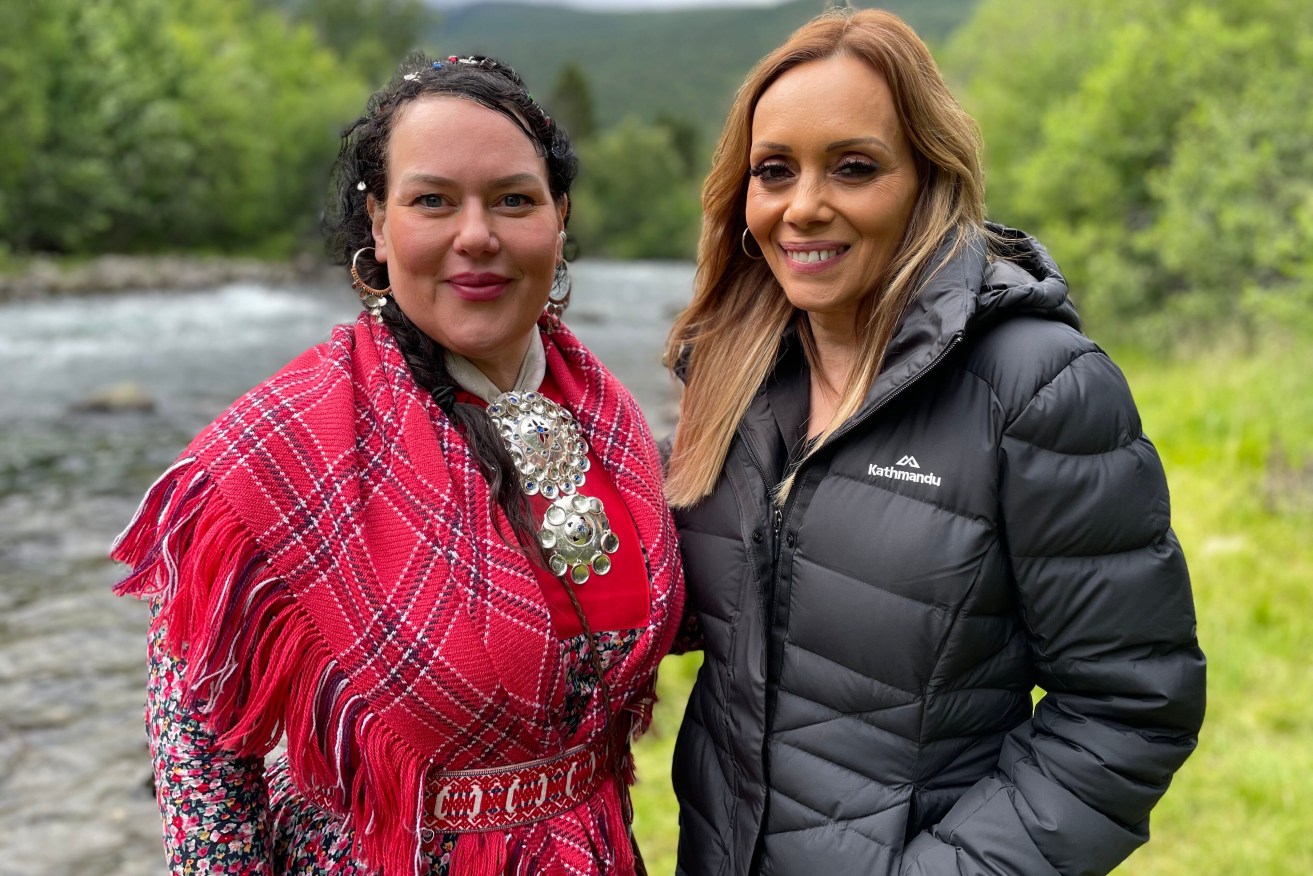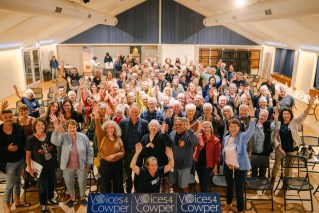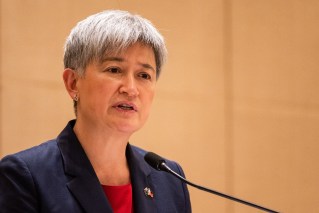Karla Grant discovers Norway’s Indigenous Voice shows there’s ‘no easy path to being heard’


Karla Grant and Sámi Parliament President Silje Karine Muotka. Photo: SBS
Some 34 years before Australia’s vote on constitutionally enshrining an Indigenous Voice to Parliament, the Sámi people of Norway created their own representative body to have their voices heard.
Karla Grant, host of SBS show Living Black, earlier this year visited the Sámi Parliament and observed that it has allowed them to make “significant gains within revitalising language and culture.”
“Their advice is that Indigenous People must be able to voice their own opinions and Indigenous perspectives must be taken into account,” she said.
“Let us have a seat at the table to be able to make positive change.”
Sámi Parliament is made up of 39 members elected by direct vote, and is responsible for issues relevant to Norway’s Indigenous People, including:
- The management of funds and grants for organisations.
- The responsibility of the development of Sámi language.
- Protection of heritage sites and culture.
Across northern Scandinavia, or Sápmi as it known to the Sámi, multiple dialects have become extinct, but the Parliament and collaboration between people at traditional festivals is helping keep language and culture alive.
Ms Grant said when attending the Riddu Riddu festival, multiple Sámi people who she spoke to felt pride in being able to speak their own language, practice their culture and wear their traditional clothes.
“There are benefits in First Nations people having a seat at the decision table,” she said.
“Just seeing how they are reviving their language and culture, it was wonderful to see.”

Matti, an ex-security guard who retrained as a Sámi language teacher, with his family. Photo: SBS
Similarities and struggles
While some in Australia argue the Voice to Parliament is a radical change of the status quo, Ms Grant said she didn’t see anything radical about what is happening in Norway.
“The Sámi were persecuted for centuries and they didn’t have the same rights as everyone else,” she said.
“To come to a place like Riddu Riddu and to talk about the issues that affect them, it’s very political and reminded me of Garma.”
The similarities between the Sámi and Australia’s Indigenous people didn’t end at their festivals, and Ms Grant said parallels between extends to the “legacy of colonisation.”
“For over 100 years, there was a policy of the Norwegian government which saw the Sámi people dispossessed of their lands and to be forced to abandon their culture and their heritage,” she said.
“It is a similar story to what we face as Indigenous People. That’s our history too, the history of colonisation, the dispossession of our land and forcing us not to speak our language or practice our culture.”
The ‘Norwegianisation of the Sámi’ was an offical government policy, resulting in their culture, language and practices being suppressed.
Land rights
One major issue for the Sámi people and their Parliament is land rights.
The Parliament itself was formed after the Norwegian government successfully planned to create an artificial lake and inundate a Sámi village in 1978, resulting in civil disobedience and arrests.
Ms Grant said that battle continues today, with renewable energy companies building wind farms on traditional farming land.
“Two Sami reindeer herders, backed by the Parliament, took the company to court and in 2021 the Norwegian Supreme Court recommend the wind farm be torn down because it violated the cultural rights of the Sami,” she said.
“Two years later, the windmills are still standing and it’s led to massive, ongoing protests.”

Reiulf, a reindeer herder who is battling renewable energy companies. Photo: SBS
In large parts of Norway, only ethnic Sami have the right to herd reindeer because of their cultural connection to the animal, but the wind farms disrupt and sometimes kill the reindeer due to falling ice.
“What I learned is there is no easy path to being heard, there’s always going to be challenges,” Ms Grant said.
“How many First Nations people around the globe have their own parliament, I don’t think there are many at all, but it’s a huge step forward in terms of self-determination.”
Karla Grant will present a Dateline special, airing on Tuesday 19 September at 9.30pm on SBS and on NITV in October, of her experiences visiting Sámi Parliament.








